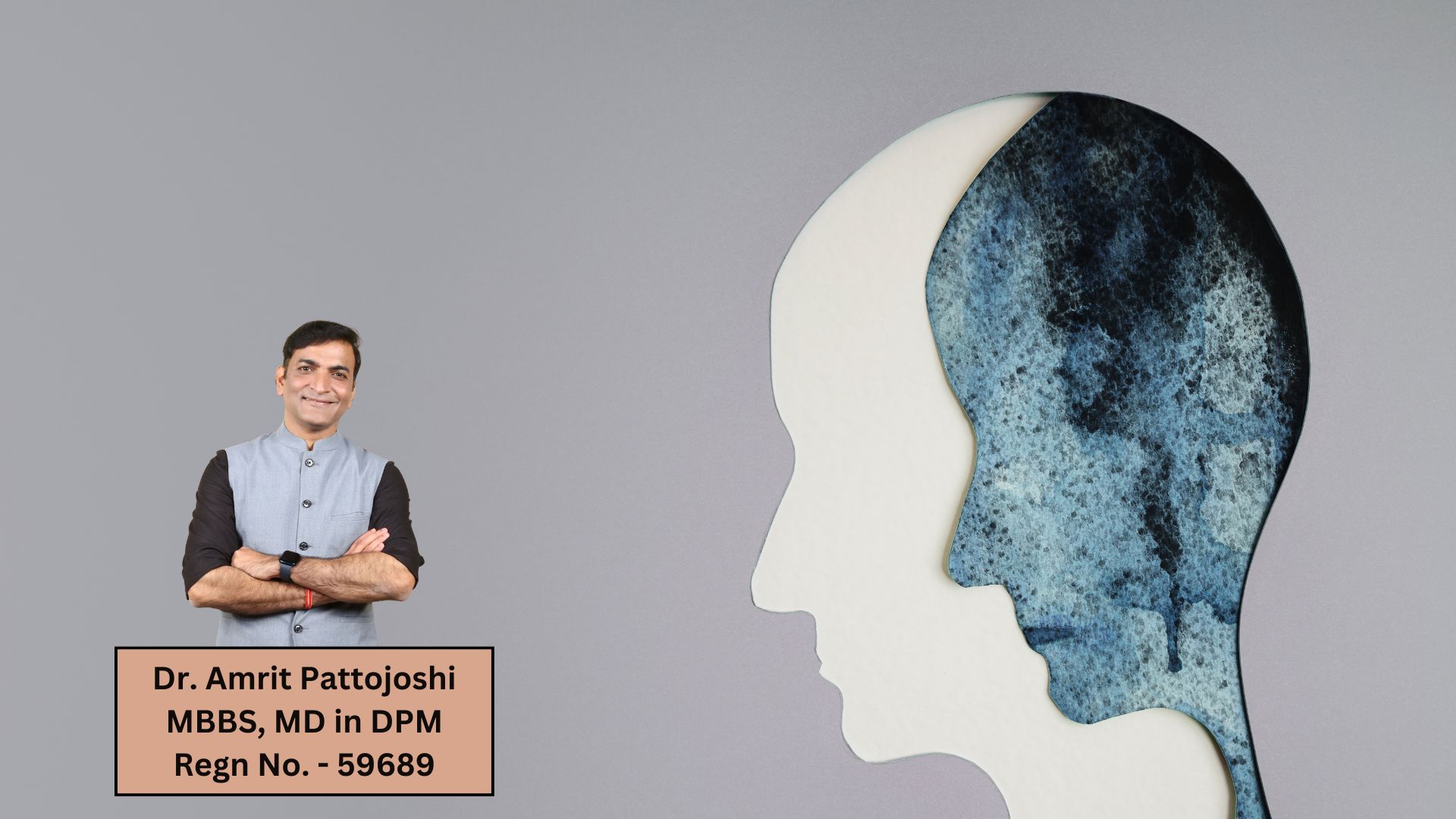Introduction:
Welcome to the informative world of Dr. Amrit Pattojoshi, a renowned psychiatrist who specializes in diagnosing and treating mental health conditions. In this article, we will explore the significance of diagnosis in mental health, shedding light on its role in guiding effective treatment plans. Dr. Pattojoshi's expertise and compassionate approach make him a trusted professional in this field.
What is Diagnosis?
Diagnosis refers to the process of identifying and classifying a specific mental health condition based on an individual's symptoms, behavior, and other relevant factors. It is an essential step towards understanding and addressing the challenges individuals face. Through diagnosis, Dr. Pattojoshi can determine the most suitable course of treatment, including therapy, medication, or a combination of both.
The Importance of Diagnosis:
Accurate Identification: Proper diagnosis helps Dr. Pattojoshi differentiate between various mental health disorders that may present similar symptoms. By using a standardized approach, he ensures accurate identification and avoids misdiagnosis or overlooking underlying conditions.
Tailored Treatment Plans: Each mental health condition requires a specific treatment approach. Through diagnosis, Dr. Pattojoshi gains insights into the unique needs of his patients, enabling him to design personalized treatment plans. This tailored approach significantly increases the chances of successful outcomes.
Collaboration and Support: Diagnosis acts as a foundation for effective collaboration between Dr. Pattojoshi and his patients. By understanding their diagnosis, individuals can gain a better understanding of their condition, which fosters a sense of control and empowerment. Moreover, a clear diagnosis helps family members and loved ones provide appropriate support and understanding.
Measurement and Progress Tracking: Diagnosis provides a benchmark for measuring progress throughout the treatment journey. By regularly monitoring symptoms and evaluating the effectiveness of interventions, Dr. Pattojoshi can make necessary adjustments to optimize treatment and ensure the best possible outcome.
Understanding the Diagnostic Process:
Dr. Pattojoshi follows a comprehensive diagnostic process to provide accurate assessments:
Clinical Interviews: These conversations allow Dr. Pattojoshi to gather detailed information about a patient's symptoms, medical history, and personal experiences. Open and honest communication is vital during this stage to ensure an accurate diagnosis.
Psychological Assessments: These assessments involve standardized tests and questionnaires to evaluate various aspects of a patient's mental health, including mood, cognition, and personality traits. These assessments provide valuable insights into the individual's condition.
Collaboration with Other Professionals: In complex cases, Dr. Pattojoshi may collaborate with other medical specialists or psychologists to ensure a thorough evaluation and accurate diagnosis. This interdisciplinary approach enhances the quality of care and ensures a holistic understanding of the individual's needs.
Conclusion:
Diagnosis is a critical step in mental health treatment, guiding Dr. Amrit Pattojoshi's efforts to help individuals regain control over their lives. By accurately identifying and understanding mental health conditions, he can develop personalized treatment plans that address the unique needs of each patient. Through his compassionate and comprehensive approach, Dr. Pattojoshi aims to improve the well-being of his patients and promote lasting recovery.
